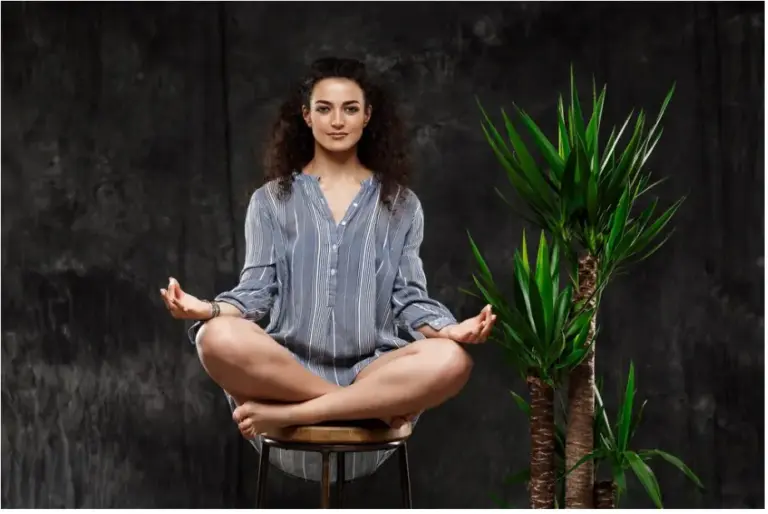
Stress and anxiety play a part in all our lives in some way. How you deal with these will have a direct impact on long-term health and wellbeing. If we don’t find ways to relax and deal with stress then they tend to force us to stop and deal with them eventually, whether that’s through illness or burnout. If you want to ensure that you don’t end up in that position then it’s key to find the best way to relax – for you.
When you start doing breathwork you send a signal to your nervous system that it is safe and you will start to relax. There are lots of different ways to do this, including box breathing, which is breathing in for four counts, holding for four counts, breathing out for four counts and waiting for four counts. You can also work on simply ensuring that your outbreath is longer than your in-breath, as this will have a similar effect.
If you spend a lot of time in front of a screen, take breaks! There’s plenty of evidence now that a lot of screen time isn’t good for any of us – and can cause a lot of stress. That’s why it’s so essential to make sure that you take regular screen breaks. These should be at least every 20 minutes. Try looking away from your screen and focusing on an object in the distance. Doing this has been found to relax the focusing muscles in your eyes to help avoid strain and fatigue.
Drinking water may not seem like the best way to relax but avoiding hydration is essential if you don’t want to put your body under stress. You should be aiming for 1.5 – 2.5 litres of water every day to keep your body in optimum condition so that it can function healthily. We need water for just about every process that our body goes through so it’s a daily essential. Even being just a bit dehydrated can lead to feeling restless, grumpy and irritable. The same goes for food – are you eating nutrient-dense foods that fuel your body or lots of caffeine and sugar that put your system under stress?
Being active is proven to help reduce stress levels and this doesn’t necessarily have to mean signing up for a big new exercise plan. Something as simple as taking the stairs instead of the lift can contribute to this. Or walking to work instead of commuting via car or bus. Choose activities you enjoy so that you don’t have so much resistance to doing them. It’s also essential to introduce some calm into your life on a regular basis. Meditation is a great way to do this – you can start with just five minutes a day. Studies have found that people who meditate regularly tend to feel more relaxed.
If you’re seeking more relaxation in your day, these tips may be just what you need. They are designed to guide you towards a calmer state of mind. Implementing them could help you achieve the inner peace you need.
At Chase Lodge Hospital, we want to help you find the best path to take. Contact us today to set yourself on the track towards better health